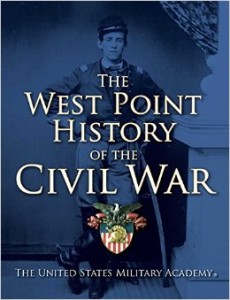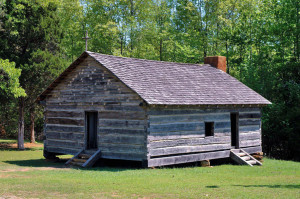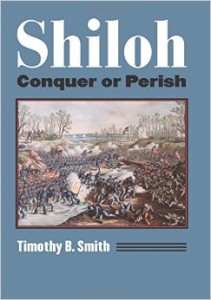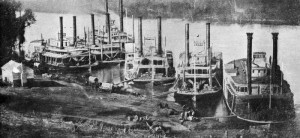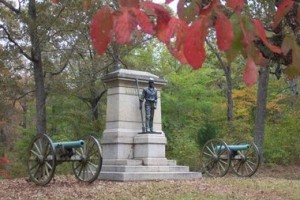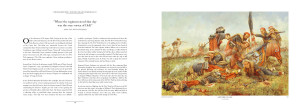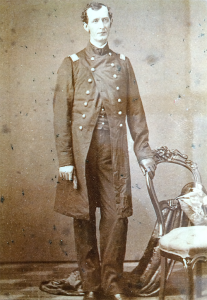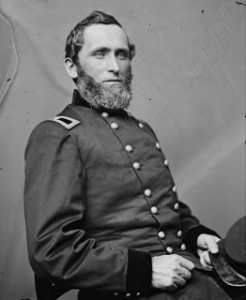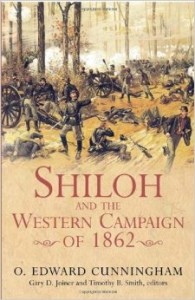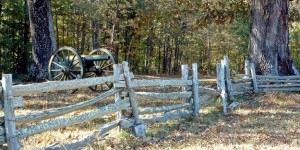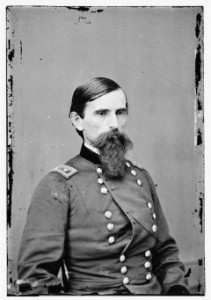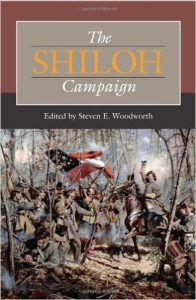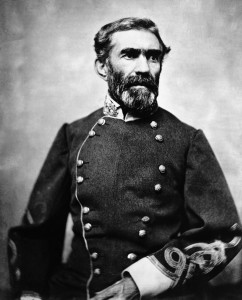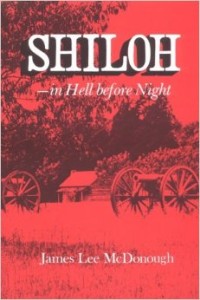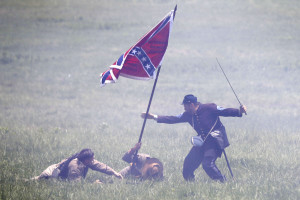
It’s kind of funny, but back when we were working on Episode #60 (the show about Confederate flags), we made a very deliberate decision to stick with the historical facts and not expand the discussion beyond the Civil War. We made that decision mostly because we wanted to stick with our mission of being “a history podcast” and we didn’t want to get embroiled in a debate about the controversial symbolism of the Confederate battle flag. But as the events in South Carolina over the last several weeks show, it turns out that none of us can escape the controversial symbolism of the flag. The Civil War may have ended 150 years ago, but we’re still living in its shadow. The soldiers’ guns fell silent in 1865, but we’re still fighting one another today as we struggle to assign meaning, not just to the Confederate flag, but to the conflict itself.
Most of the fighting today, thankfully, is being done with words as we argue with one another. Those words, though, reveal that this ongoing battle to assign meaning is a fight so fueled with emotion that it’s difficult, very difficult, to cut through the emotions and get to the facts. Of course, what is real and true, historically, should be easy to ascertain, but when it comes to the Civil War & its legacy, everyone’s facts seem to be different. One person says the war was about slavery, another says it was about states’ rights. One person says the South was fighting a just war to defend itself against Northern aggression, another says the North fought to suppress a violent rebellion and preserve the Union. One person says Abraham Lincoln was America’s greatest president, while another denounces him as a tyrant. Of course, what those examples show is that what we’re arguing about today is not really the facts, but rather our interpretation of history.
The tragic Charleston church shooting and the battle to assign meaning to the Confederate battle flag, and to the war, brought this ongoing struggle over interpretation onto the national stage. But while the flag on the State House grounds in Columbia has come down, and while we think that was the right thing to do, we doubt that very many people’s minds have been changed as far as their interpretation of history and the meaning they’ve assigned to the flag and the war. In our experience over the last two-and-a-half years of doing the Civil War podcast, when it comes to the war & its legacy we’ve found that people are quite stubbornly entrenched in their beliefs and that very few people’s minds are changed by the actual historical facts, and so we doubt that very many people’s minds- or hearts- have truly been changed by taking a flag down and putting it in a museum, as much as we applaud South Carolina for having taken that step.
As for us, we’ll keep plugging away, telling the story of the war, one episode at a time.


